In the wake of a recent controversy involving actress Samantha, another popular Indian actress, Nayanthara, has come under scrutiny for sharing unauthenticated health information. On Instagram, Nayanthara posted a picture of hibiscus tea and extolled its supposed health benefits. The post quickly drew criticism from medical professionals and the public alike, igniting a debate on the role of celebrities in promoting pseudoscience.

Nayanthara’s Controversial Instagram Post
Nayanthara’s Instagram post read:
“HIBISCUS FLOWER TEA. This has to be my most favourite tea and the most exciting one in the meal plan curated by the genius @munmun.ganeriwal. It has long been used in Ayurveda. It is high in antioxidants and is helpful in diabetes, high cholesterol, high blood pressure, and heart-related ailments. It is very cooling for the system hence it is great for those who have acne, heat boils on the skin, etc. Hibiscus tea is great for the monsoon season as it is rich in vitamins and keeps our immune system in equilibrium. It has antibacterial effects that protect from seasonal infection/illness.”
Medical Community’s Response
The post received swift backlash from the medical community. A Twitter user known as “The Liver Doc” responded with a detailed thread, criticizing Nayanthara for misleading her 8.7 million followers. He stated:
He further explained that hibiscus tea is made from Hibiscus sabdariffa, commonly known as Roselle, and highlighted the lack of substantial evidence supporting the health claims associated with it. He shared links to studies and articles debunking the purported benefits of hibiscus tea in managing blood pressure, diabetes, acne, and seasonal infections.
Risks Associated with Hibiscus Tea
The Liver Doc also pointed out potential health risks associated with hibiscus tea, particularly concerning reproductive health:
“One concern that does exist is damage to testes in males, which occurs fairly reliably at 200mg/kg or above in animals (= 2.2g dried flowers in a 68kg human) but has not been investigated in humans. Roselle appears to be anti-fertility in men, inducing abnormal sperm morphology. In females, there was a series of studies suggesting Roselle could cause abnormal (higher) birth weights in offspring with a delay of pubertal onset; for the most part, these are attributed to the appetite suppressing effect causing maternal malnutrition.”
The Role of Celebrities in Promoting Pseudoscience
The incident highlights the growing concern over celebrities endorsing alternative medicine and pseudoscience without substantial evidence. With their vast reach and influence, celebrities can significantly impact public health perceptions and choices.
Celebrities like Nayanthara and Samantha often have millions of followers who trust their recommendations. This trust can lead to the widespread acceptance of unverified health claims, potentially causing harm. The Liver Doc emphasized the need for stricter regulations:
The Pseudoscience Problem
Pseudoscience refers to beliefs or practices mistakenly regarded as being based on the scientific method. Ayurveda, while an ancient and culturally significant practice, lacks the rigorous scientific validation that modern medicine requires. Claims about “cooling” foods or remedies that cure a wide array of ailments without scientific backing fall into this category.
Also Read: Organic Weight Loss: A Sustainable Approach to Health
What is Hibiscus Tea?
Hibiscus tea, made from the Roselle plant (Hibiscus sabdariffa), is often touted for its health benefits. While some studies suggest potential benefits, such as antioxidant properties, the evidence is not strong enough to make definitive health claims. Specifically, the assertions that hibiscus tea can manage diabetes, high blood pressure, or acne, and that it has antibacterial properties, lack robust scientific support.
Evidence-Based Perspective
Blood Pressure:
A 2021 meta-analysis by the Cochrane hypertension group found insufficient evidence to establish that hibiscus tea effectively manages or lowers blood pressure in hypertensive individuals. The claims that hibiscus tea can lower blood pressure are not supported by conclusive human studies.
Diabetes:
Studies on the anti-diabetic properties of hibiscus tea are of low quality and primarily conducted on animals. Human studies do not provide enough evidence to support claims that hibiscus tea can lower blood glucose levels.
Acne and Antibacterial Properties:
There are no well-conducted studies proving that hibiscus tea prevents acne or has antibacterial effects that protect against seasonal infections in humans.
Also Read: Viral Video: Actress Samantha Chooses Sex Over Food
Responsible Consumption and Public Health
The potential risks associated with hibiscus tea, particularly concerning fertility and reproductive health, highlight the importance of cautious consumption. Men and women of reproductive age should be especially wary of incorporating hibiscus tea into their daily diet without sufficient evidence of its safety.
Samantha’s Earlier Controversy
This incident echoes a similar controversy involving actress Samantha, who faced backlash after sharing a nebulizer video on social media. Samantha claimed that using a nebulizer had numerous health benefits, but “The Liver Doc” debunked her claims, calling them misleading and lacking scientific basis. Samantha’s post was criticized for spreading misinformation about a medical device, and she eventually called out the critic, leading to a heated exchange.
Read More: Samantha issue with Liver Doc
Conclusion
Nayanthara’s hibiscus tea controversy underscores the importance of celebrities promoting accurate, evidence-based health information. As public figures, they have a responsibility to ensure that their endorsements do not mislead their followers. This incident serves as a reminder of the critical need for vigilance and accountability in celebrity endorsements of health products and practices.
For more updates and reviews, visit The Live Reports – India’s first Chennai-based English news website.
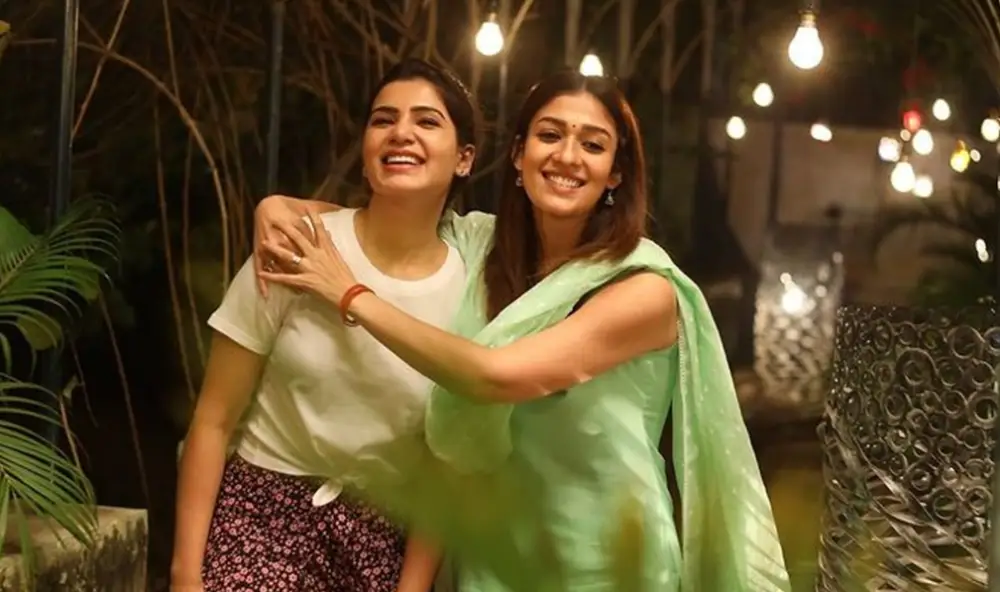

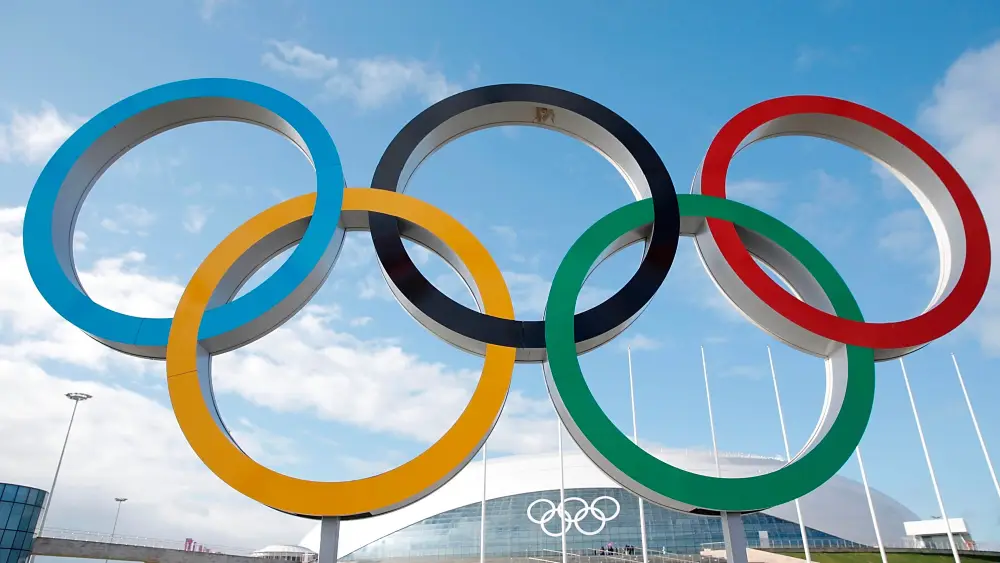

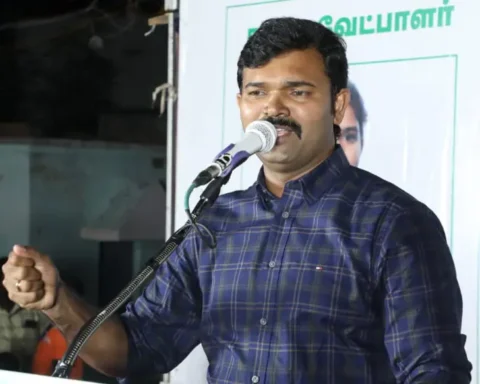

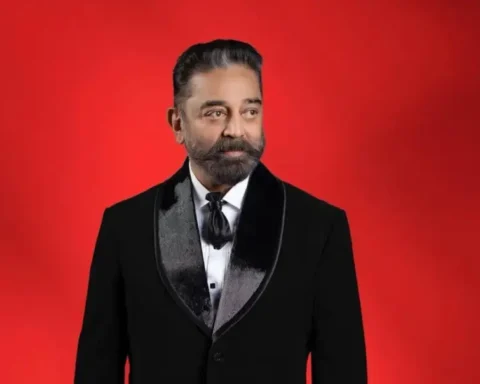
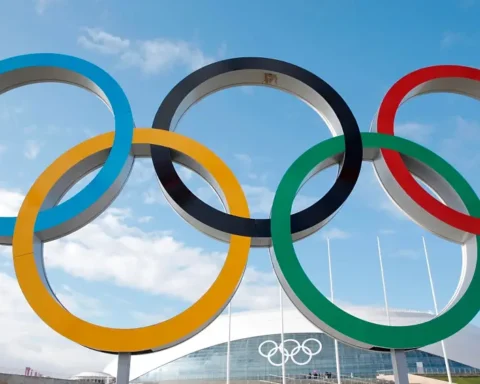

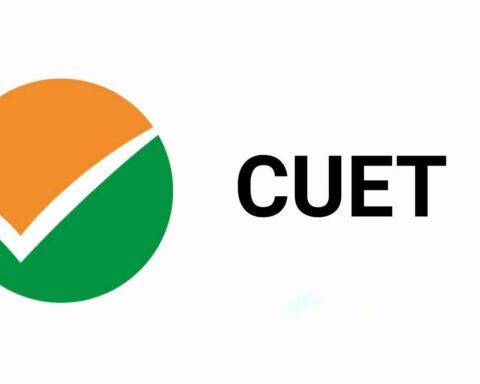

Awesome https://is.gd/tpjNyL